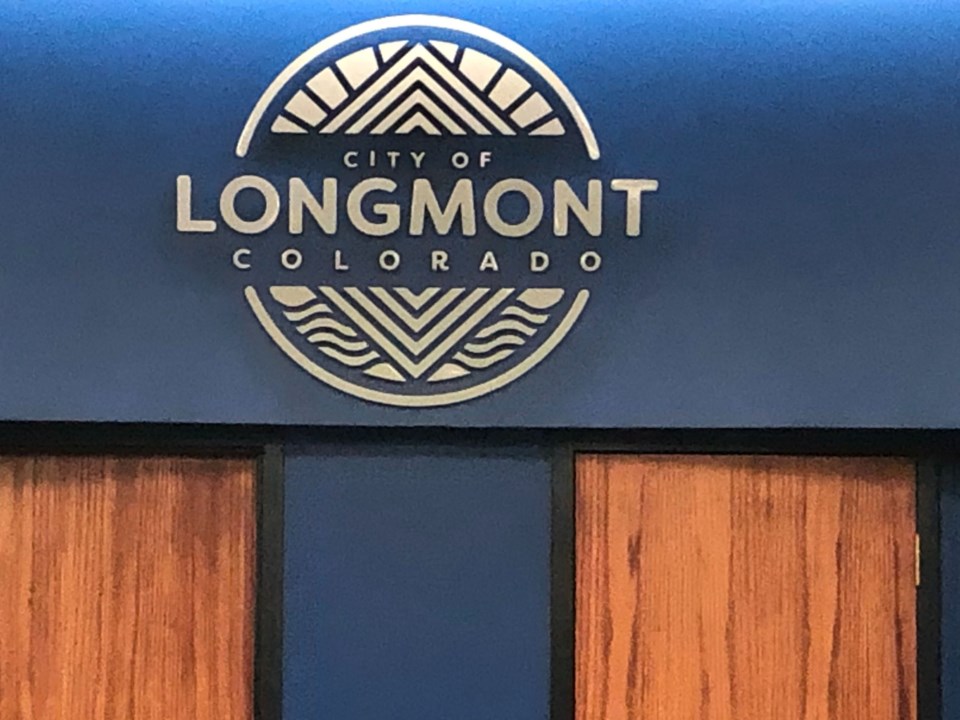The city’s use of data to provide better services to residents earned Longmont What Works Certification, a designation held by only 55 cities in the United States. The recognition is for the city’s “exceptional use of data to guide decision-making and improve residents’ lives,” according to a city of Longmont news release.
The news release cites some examples of the city’s use of data including:
- Using resident feedback to create an easy form for residents to apply for multiple rebates at once. The easy application process has resulted in an increase in rebate recipients. The city provided $25,415 in rebates in 2020.
- Gathering data from the Longmont CAReS program that has allowed the city to identify broadband access needs and expand access to wifi through its utility provider, NextLight.
Mayor Joan Peck said being picked by What Works Cities for the certification shows Longmont is ready to apply more data-driven decisions to future programs.
“Through data-driven decision making, we have improved our programs and policies to offer residents more opportunities in more efficient ways,” Peck said in the news release. “So far, our team has primarily been focused on increasing access to rebates and connectivity through NextLight, but it doesn’t end there — we are committed to applying data practices to future endeavors.”
What Works Cities Certification, the national standard of excellence in data-driven city governance, evaluates how well cities are managed by measuring the extent city leaders incorporate data and evidence in their decision-making, according to the news release.
What Works Cities Certification, a national Bloomberg Philanthropies initiative led by Results for America, has awarded Certification to 55 U.S. cities for outstanding data practices since 2017.
What Works Cities Certification assesses cities based on their data-driven decision-making practices, such as whether they are using data to set goals and track programs, allocate funding, evaluate the effectiveness of programs and achieve desired outcomes from contracts with outside vendors, the news release states. The program also measures whether cities are publicly and transparently communicating about their use of data and evidence.
Each city that participates in Certification receives a customized city assessment that highlights their unique strengths and opportunities for improvement, the news release states.
Longmont is successfully applying data-driven practices to both identify and improve underperforming programs for its residents most in need. By encouraging residents to cross-qualify for assistance programs like Longmont City Assistance and Rebate System (CAReS), Longmont’s financial assistance and rebate program, and Boulder County’s Low Income Energy Assistance Program (LEAP), enrollment in each of them has increased, the news release states.
Since the Certification program launched in April 2017, U.S cities with populations of 30,000 and higher have been eligible to participate.
Cities using data are more resilient and able to respond in crisis situations,” said Lauren Su. Director of What Works CIties Certification. “Longmont has done an outstanding job of using data to increase the number of residents benefitting from programs like Longmont CAReS and LEAP ensuring that financial assistance is reaching residents most in need. This is what excellence in data-driven government looks like.”
Longmont is part of a growing number of cities that are emphasizing data-driven decision making in jurisdictions across the country, the news release states. A report released last fall by the Monitor Institute in Deloitte, in collaboration with What Works Cities, detailed the increases in the cities using data to drive decision-making and the benefits of this approach for residents.
Since 2015, the percentage of cities tracking progress toward key goals has more that doubled (from 30% to 75h%), the percentage of cities engaging with residents on a goal and communicating progress has more than tripled (from 19% to 70%), the percentage of cities with a platform and process to release data to the public has more than tripled (from 18% to 67%) and the percentage of cities modifying their programs based on data analytics has more than doubled (from 28% to 61%).



